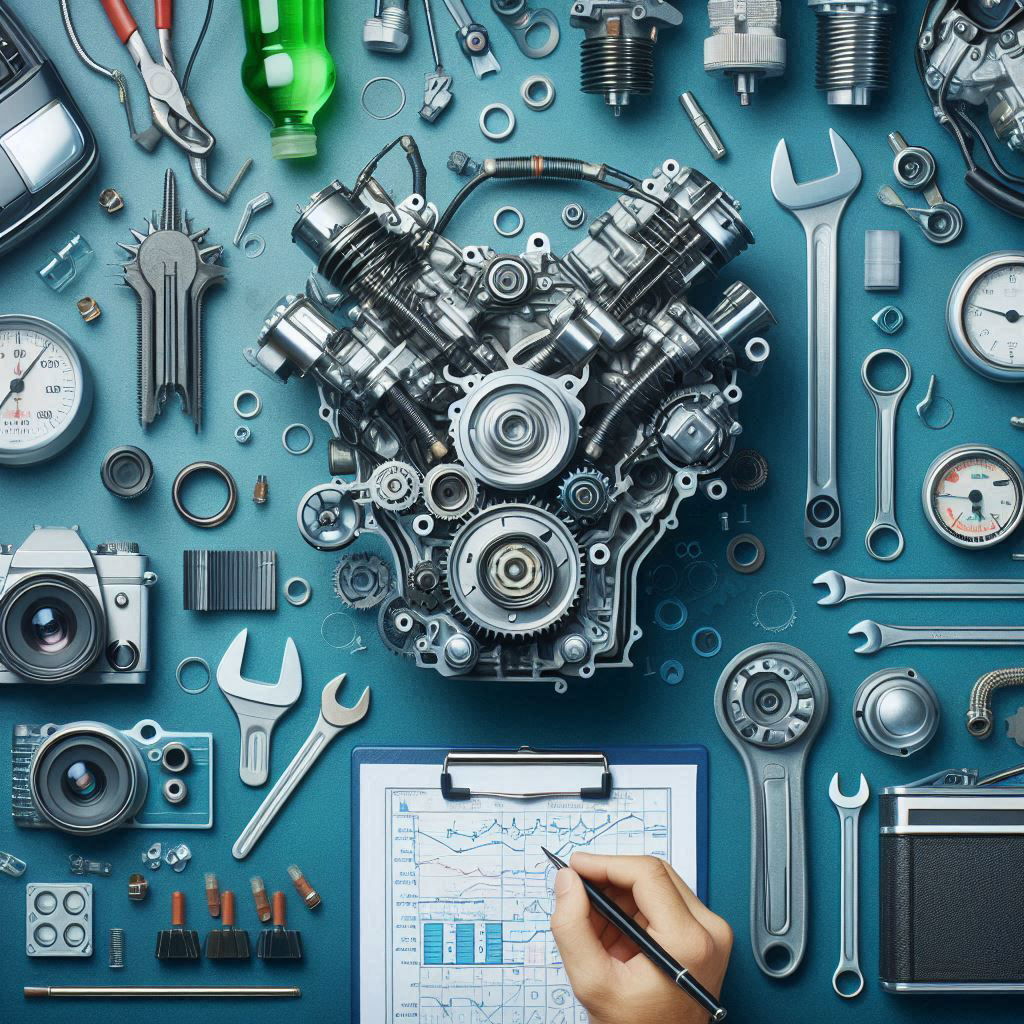Factors to Evaluate When Buying a Replacement Engine
Introduction
Replacing an engine is one of the most significant decisions a car owner can make. Whether you're a car enthusiast, a DIY mechanic, or just a car owner, understanding the factors to evaluate when buying a replacement engine is crucial. A well-informed choice can save you time, money, and many headaches down the road.
Understanding Your Vehicle's Needs
When Is an Engine Replacement Necessary?
The first step is recognizing when your vehicle genuinely needs a new engine. Here are some key signs that indicate engine issues:
- Persistent Knocking Noises: Often a sign of worn-out engine bearings.
- Excessive Smoke: Blue smoke indicates burning oil, while white smoke suggests coolant leakage.
- Decreased Performance: Struggling to accelerate or maintain speed might signal deeper engine troubles.
- Oil and Coolant Contamination: Oil in the coolant or vice versa can be a symptom of internal wear or gasket failure. If you notice any of these signs, it might be time to consider a replacement engine.
Budgeting for the Replacement
New vs. Used Engines
One of the critical factors to consider is your budget. Here's a quick cost breakdown:
- New Engines: Typically cost more but come with a warranty and are in peak condition.
- Used Engines: Consider buying BMW engines for sale. They are more affordable but come with potential risks. Ensure you get them from a reliable source and check for warranties.
Additional Expenses
Remember, the engine cost isn't the only expense. Consider:
- Labor Costs: Professional installation can be expensive.
- Tools and Equipment: If you're doing it yourself, you may need specialized tools.
- Additional Parts: Hoses, belts, and other parts might need replacement during the installation.
Researching the Right Engine
Compatibility with Your Vehicle
Ensuring the engine is compatible with your vehicle is paramount. Check the following:
- Engine Size and Type: Ensure the new engine matches the specifications of your old one.
- Mounting Points: Verify that the engine mounts align correctly.
- Electronics and Sensors: Modern engines come with various sensors; compatibility with your vehicle's electronics is crucial.
Comparing Different Engine Options
Research different engine models and their performance:
- Reputation: Look for reviews and forums discussing the particular engine.
- Performance Metrics: Compare horsepower, torque, and fuel efficiency.
- Longevity: Some engines are known for their durability and long lifespan.
Evaluating the Seller or Supplier
Assessing Seller Reliability
Choosing a reliable seller or supplier is crucial:
- Reviews and Ratings: Check online reviews and ratings from previous customers.
- Experience: Prefer sellers with a long history in the business.
- Certifications: Ensure they have the necessary certifications and licenses.
Importance of Warranties and Guarantees
Always check if the seller offers:
- Warranty: A good warranty can save you a lot of trouble if something goes wrong.
- Return Policy: Understand the return policy in case the engine doesn’t fit or has issues.
Factors to Consider During Installation
Professional Installation vs. DIY
Decide whether to install the engine yourself or hire a professional:
- Professional Installation:
- Pros: Expertise, efficiency, and guarantees on labor.
- Cons: Higher cost.
- DIY Installation:
- Pros: Cost-saving, personal satisfaction.
- Cons: Requires significant time, effort, and technical knowledge.
Tips for a Successful Engine Replacement
If you opt for DIY installation, here are some tips:
- Follow Manufacturer Instructions: Always refer to the engine and vehicle manufacturer’s instructions.
- Use the Right Tools: Ensure you have all the necessary tools before starting.
- Take Your Time: Rushing can lead to mistakes that might be costly to fix.
Conclusion
Replacing an engine is a complex yet rewarding task. By understanding your vehicle’s needs, budgeting appropriately, researching the right engine, evaluating the seller, and considering installation factors, you can make a well-informed decision.
